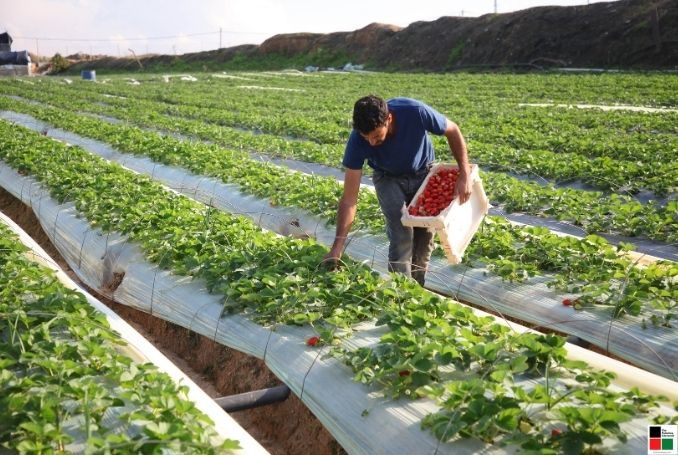
The Palestinian Ministry of Agriculture in Gaza said on Wednesday that the total losses suffered by the sector as a result of the recent Israeli military offensive are estimated at $204 million, Anadolu has reported.
Farmers, said the ministry, were forcibly displaced by Israel’s indiscriminate bombing which prevented them from reaching and working on their land.
Israel’s bombing has incapacitated a critical desalination plant that helped provide fresh water to 250,000 people, and water pipes serving nearly a million people who now do not have access to clean piped water.
— Water Justice in Palestine (@WaterPalestine) June 2, 2021
“The losses included the destruction of hundreds of acres of vegetable crops and trees as a result of direct targeting, as well as the disruption of water for irrigation purposes,” the ministry explained. “Livestock owners also incurred losses, as a large number of birds and animals died as a result of the interruption of the supply of animal feed due to the closure of border crossings.”
Access to land as well as the absence of an open market for produce, including export opportunities, was already a major problem due to the ongoing Israeli blockade of Gaza. The bombardment made it worse. The result is a sharp drop in the prices of many agricultural products, causing losses to farmers.
The Ministry of Agriculture warns of an environmental disaster in the northern Gaza Strip due to the leakage of dangerous and toxic materials as a result of the israeli occupation’s recent aggression targeting the stores of Khudair companies for agricultural supplies https://t.co/B7dZ5B3h0J
— Rand Awawdeh / Palestine ?? (@RandAwawdeh03) May 27, 2021
“There is also an environmental disaster looming in the north of the Gaza Strip, as a result of Israel’s bombing of the warehouses belonging to the supplier of agricultural necessities including fertilizers, pesticides and plastic,” warned officials.
They called on international and human rights institutions to take the necessary steps to address this issue and its likely negative effects on human beings, animals, the environment and public health. Compensation should be paid to farmers and other workers in the agricultural sector, they concluded.
(MEMO, PC, Social Media)







